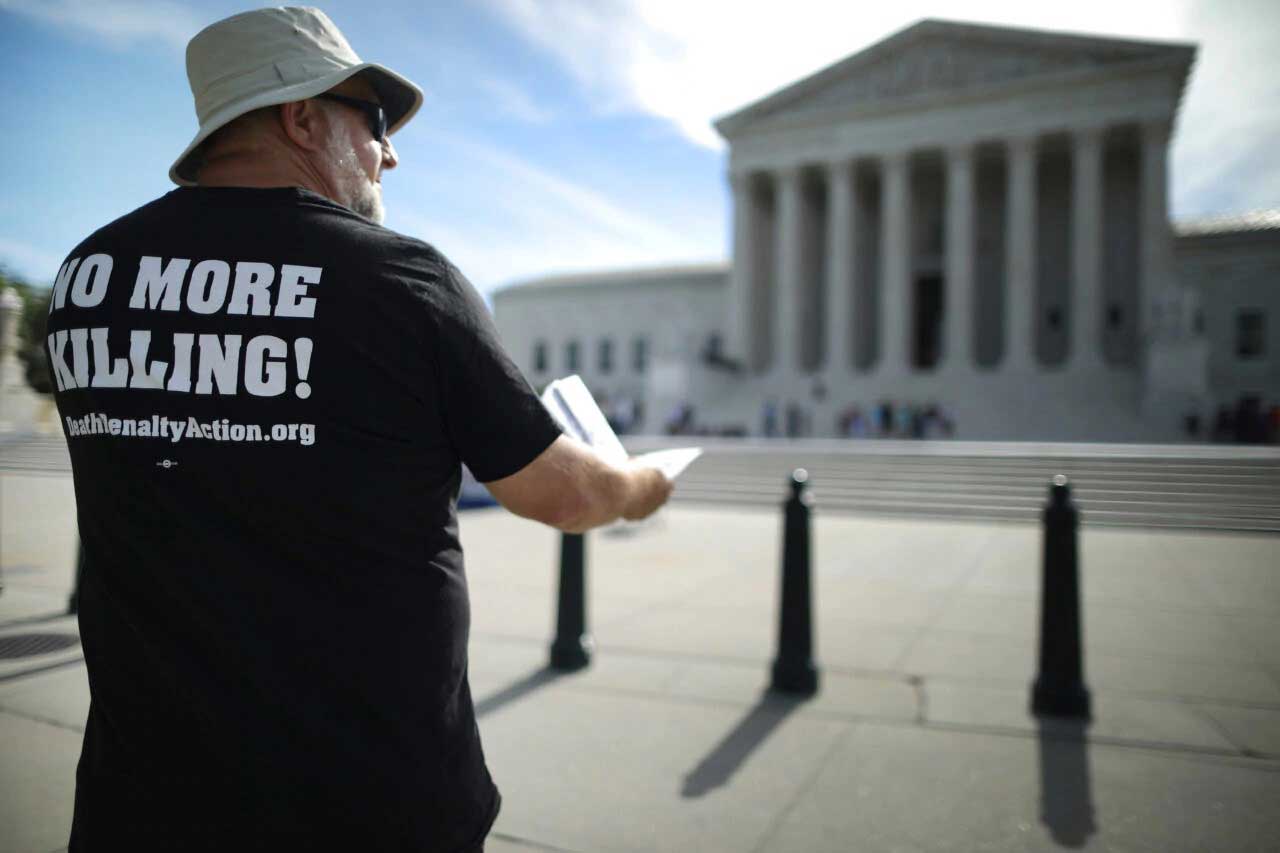[ad_1]
The federal government is now executing convicted murderers after a 17-year hiatus. Since 1950, there have been 26 federal executions. In the last week, there were three.
Dustin Lee Honken, Daniel Lee, and Wesley Purkey, all of whom were federal prisoners in Terre Haute, Indiana, were executed by lethal injection of a sedative and sleep-inducing drug derived from barbituric acid.
While state executions are much more common and have been ongoing for years, federal executions have not taken place since the 2003 execution of Louis Jones, Jr. He was guilty of the rape and murder of Pvt. Tracie McBride.
The return of capital punishment is due in large part to President Donald Trump’s administration and governmental authorizations that were put in place last year.
“Congress has expressly authorized the death penalty through legislation adopted by the people’s representatives in both houses of Congress and signed by the President,” said Attorney General William Barr in a press release from the Department of Justice.
“Under Administrations of both parties, the Department of Justice has sought the death penalty against the worst criminals, including these five murderers, each of whom was convicted by a jury of his peers after a full and fair proceeding. The Justice Department upholds the rule of law—and we owe it to the victims and their families to carry forward the sentence imposed by our justice system.”
READ MORE: Why is the death penalty still a thing in 2020?
Honken was a 52-year-old meth dealer who got arrested in 1993 for killing five people, including a government informant and two girls ages 10 and 6. He was convicted in 2004.
“Holy Mary, mother of God, pray for me” were Honken’s final words after being strapped to a gurney, Reuters reported.
READ MORE: Nathaniel Woods executed hours after Supreme Court granted temporary stay
Honken had converted into Catholicism while he was in prison, according to his attorney Shawn Nolan.
“Dustin Honken was redeemed. He recognized and repented for the crimes he had committed, and spent his time in prison atoning for them,” Nolan said.
“During his time in prison, he cared for everyone he came into contact with: guards, counselors, medical staff, his fellow inmates, and his legal team. Over the years he grew incredibly close to his family, becoming a true father, son, brother, and friend.”
“There was no reason for the government to kill him, in haste or at all. In any case, they failed. The Dustin Honken they wanted to kill is long gone,” Nolan continued.
Subscribe to theGrio’s Dear Culture podcast on Spotify, Apple and Stitcher.
[ad_2]
Source link


